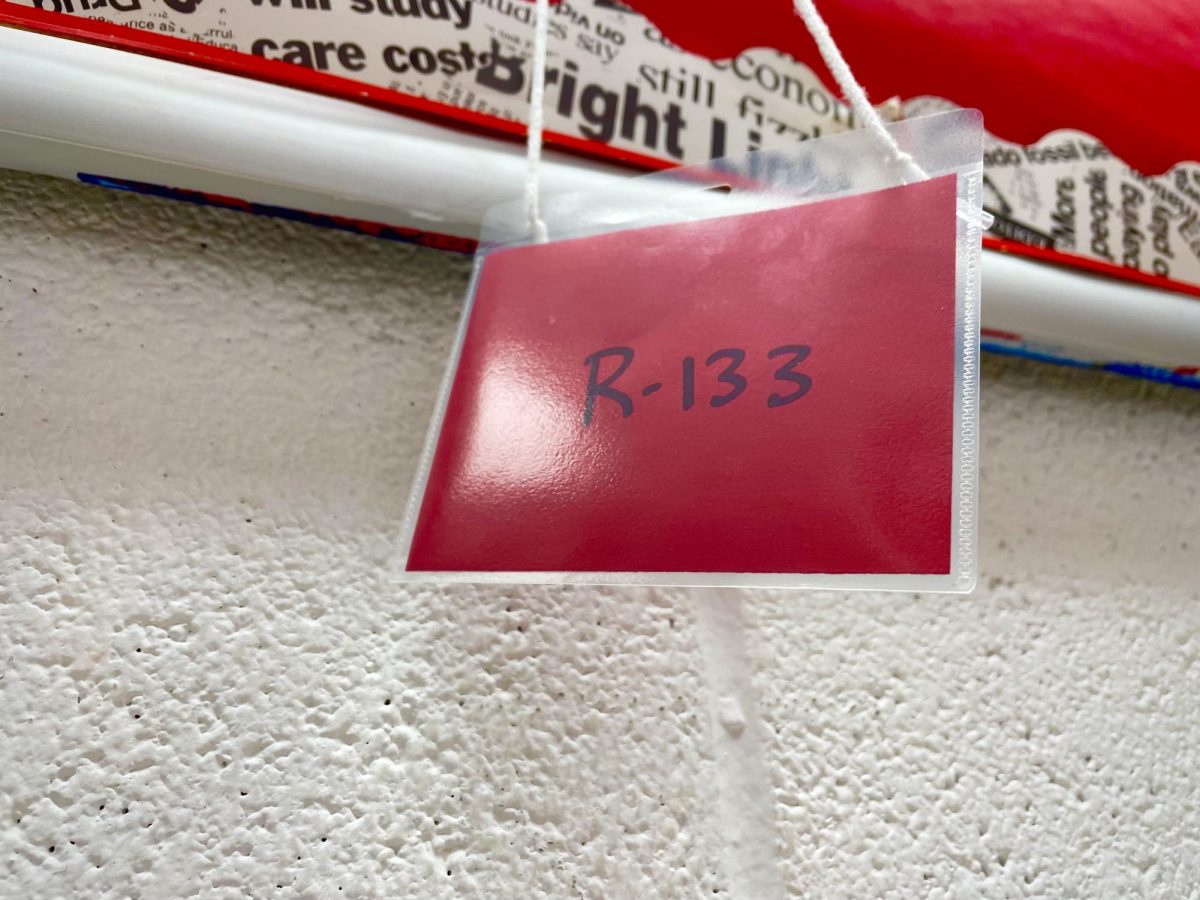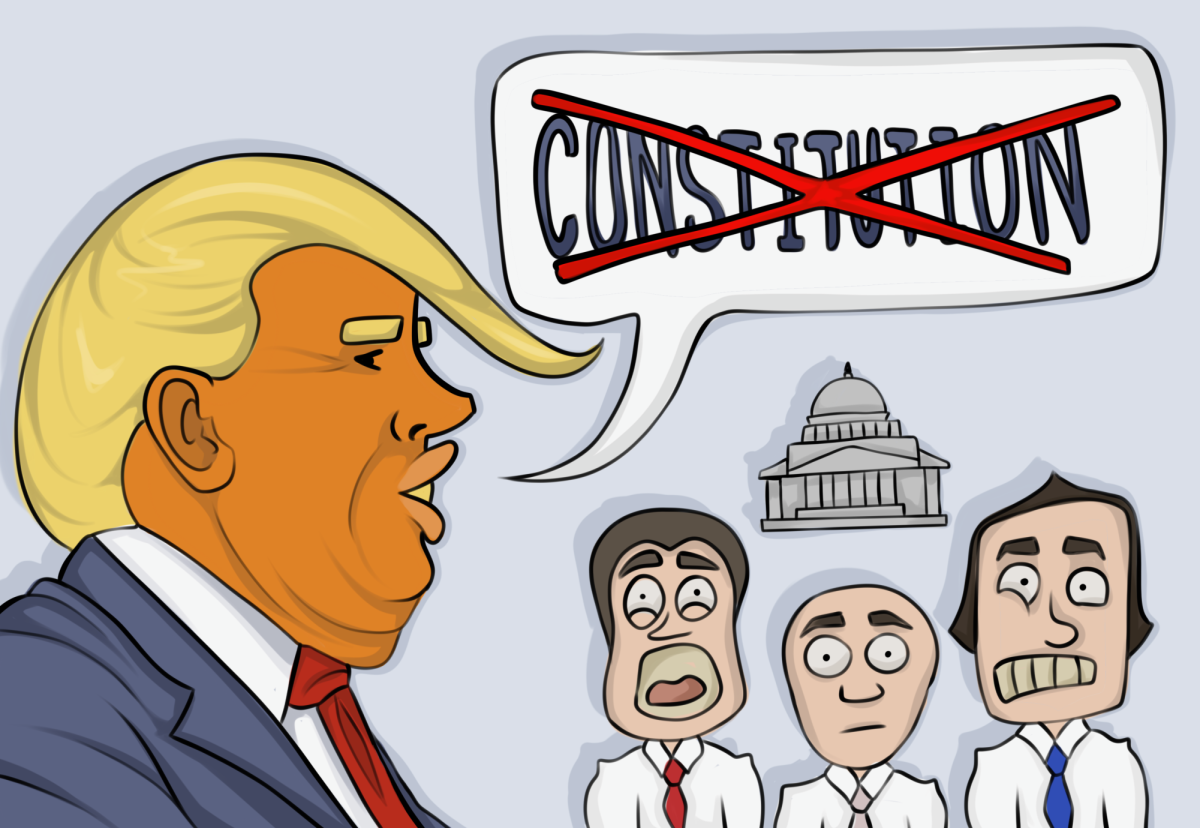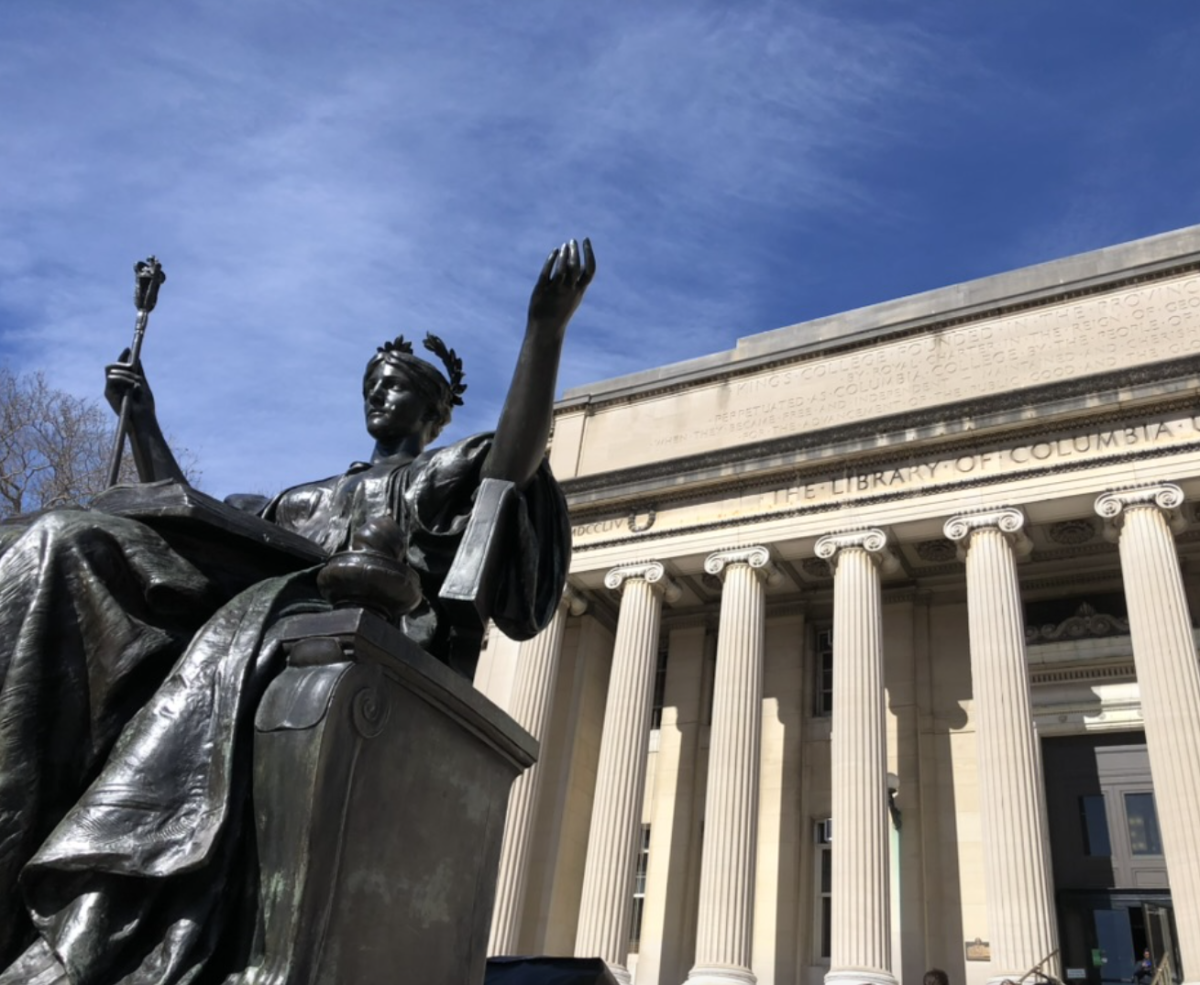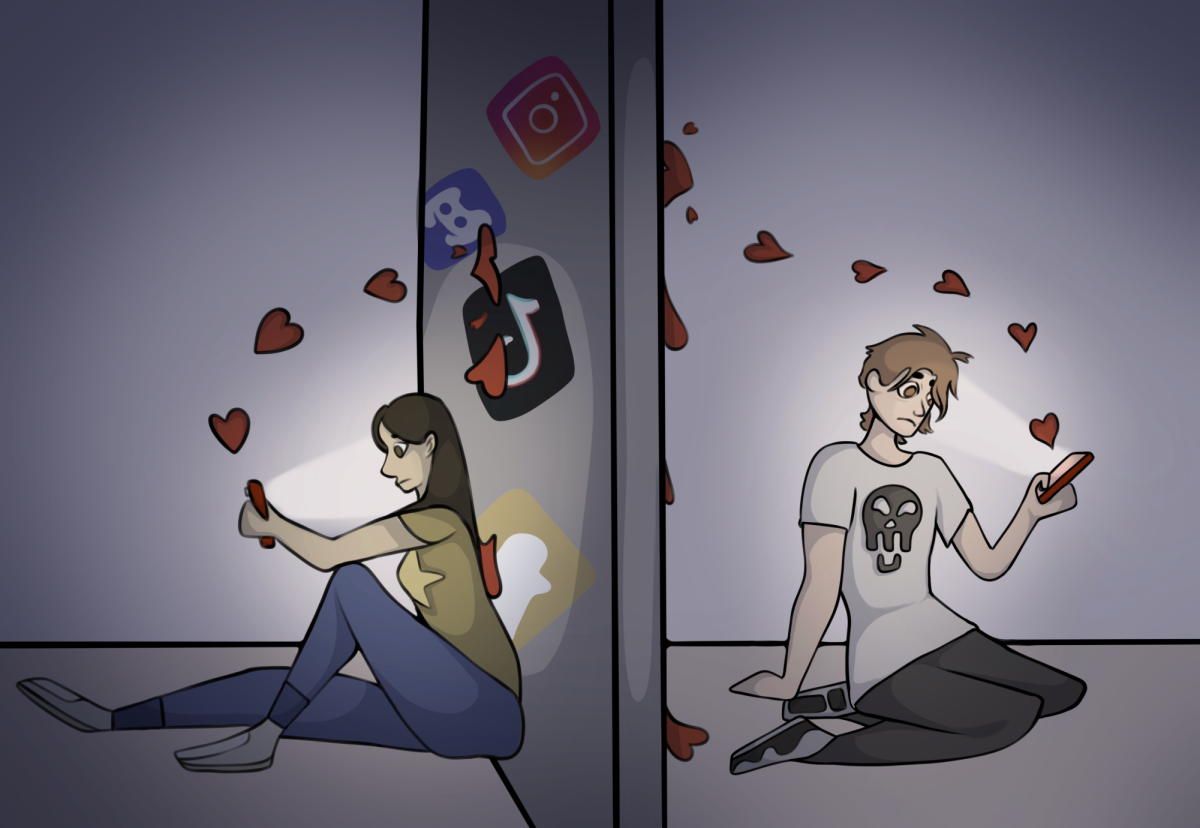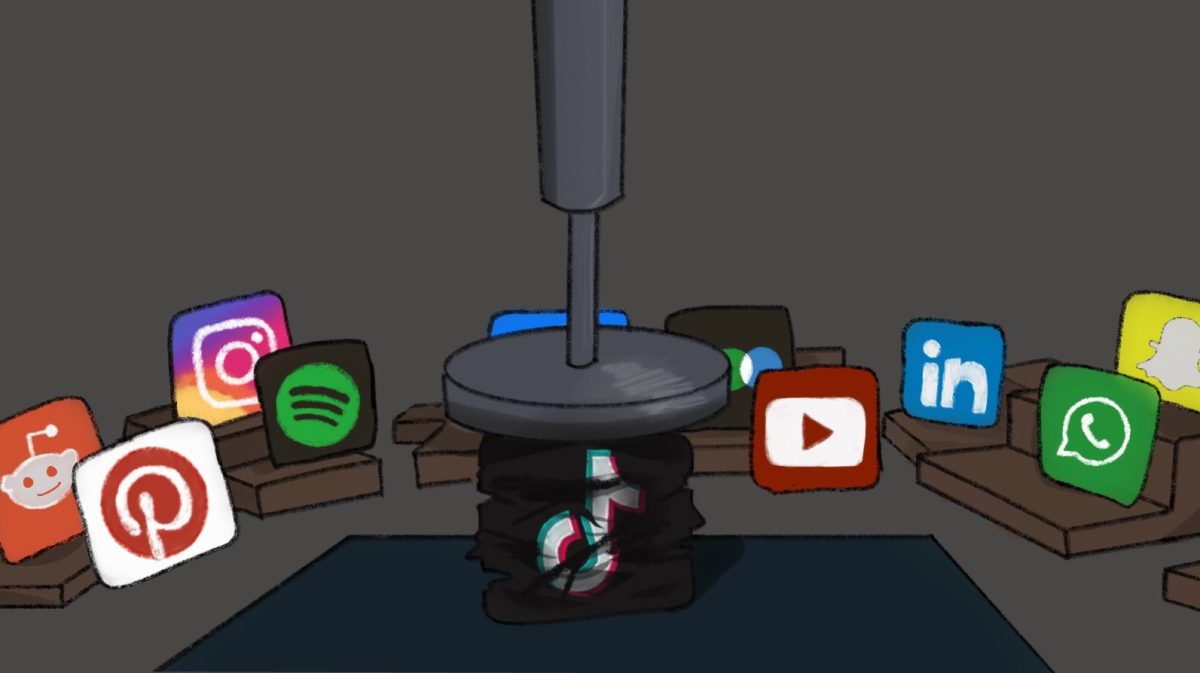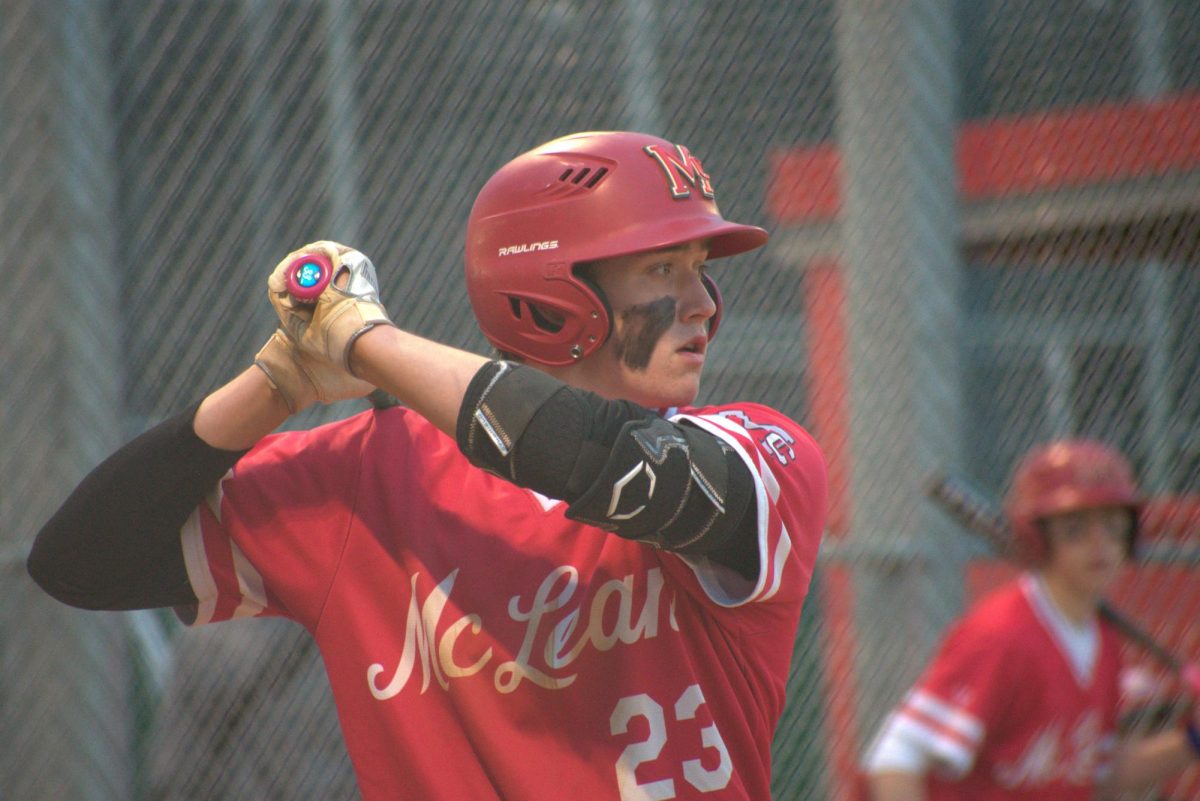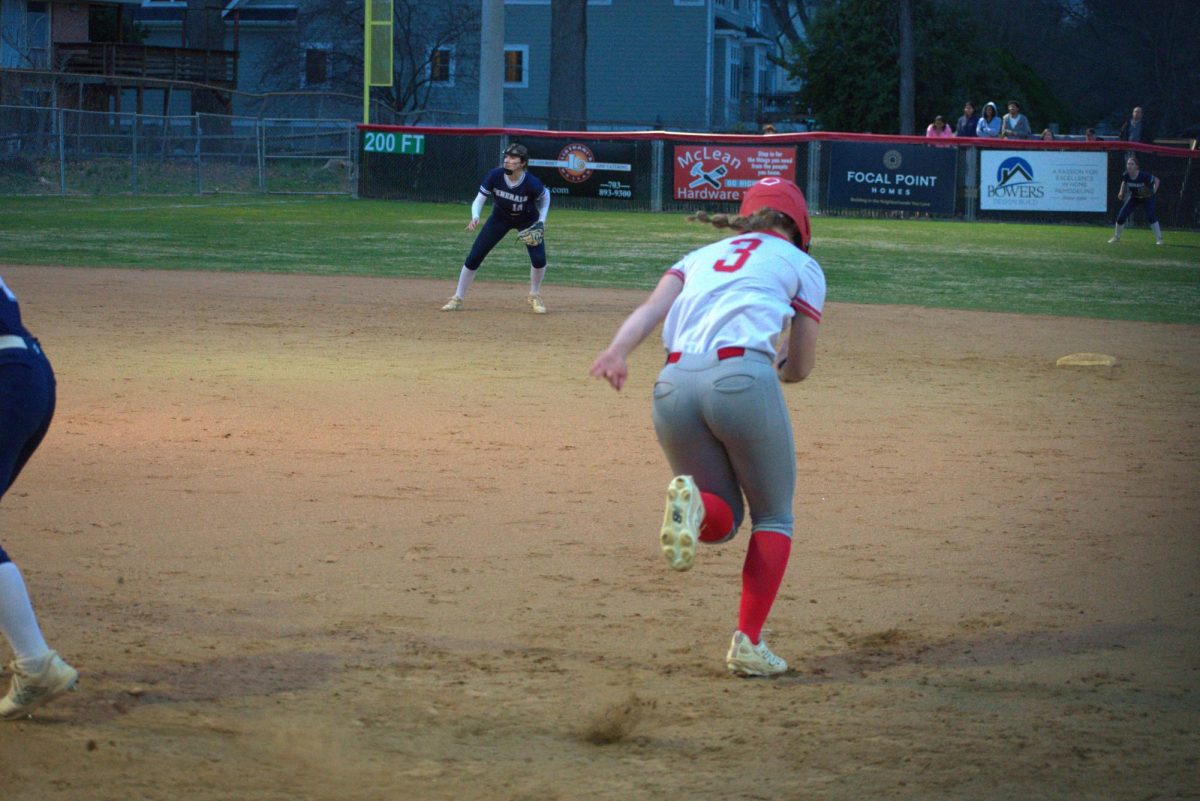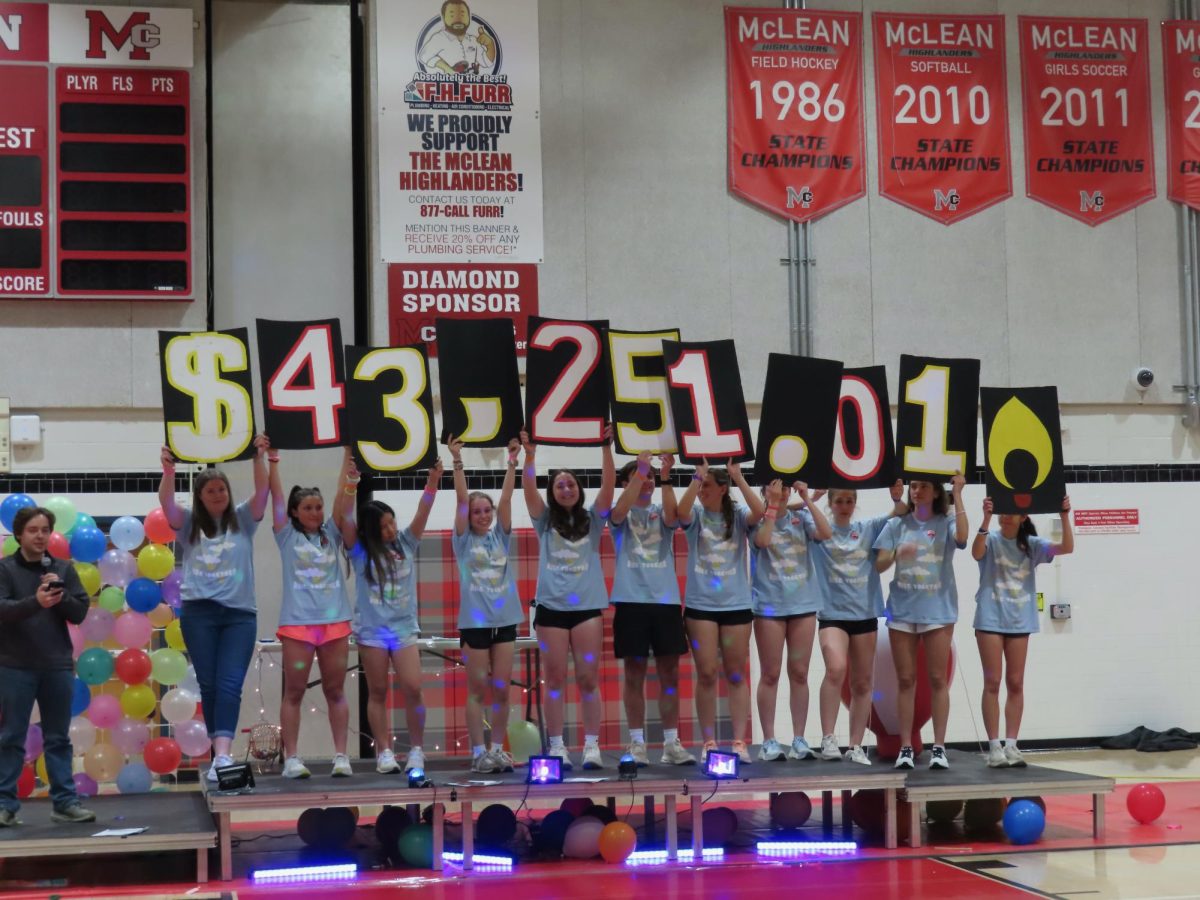Starting with e-hallpass back in early 2022, McLean administration have been looking for a behavioral silver bullet for years now. Policies to keep students in check have included mandating physical hall passes, curtailing student privileges and now threats of sending students with too many tardies to Saturday school. Student behavior is an important issue, especially when it gets in the way of learning. The answer to high rates of tardiness, absence, hall-wandering and hooliganism, though, isn’t to treat students like cows, prisoners or preschoolers.
The McLean administration is finally facing one of the most terrifying questions of the COVID age: what happens when kids are cooped up inside attending school on their computers during their formative years? One of the biggest flaws of our well-meaning administration’s approach to the behavioral issue is the assumption that the problem stems locally. We’ve become all too used to listening to announcements telling students to “do better” and that their behavior isn’t up to Highlander standards. There’s an implication of an underclassman mutiny; every communication from upstairs indicates that students are acting up on purpose, as if out of spite for school staff. That isn’t the case.
Schooltime behavior is an epidemic that may have been anticipated but was not prepared for. It’s a byproduct of the one and a half years that most American students spent calling into class from beds, bathrooms, and moving cars. Our day of reckoning is here.
According to the National Center for Education Statistics, over 80% of American public schools reported that the pandemic had a negative effect on student behavior which is no coincidence. School plays a vital role in students’ developments, especially when they are in their formative teenage years. School isn’t just a place to learn course curriculum, it’s also a place where students learn how to interact with authority figures, how to make friends and form mutual relationships, how to deal with people they don’t like, how to navigate excessive stress and emotional struggles, how to maintain a healthy lifestyle, and so much more. School is a real life environment where students deal with serious problems every day.
These aren’t necessarily good things to expose adolescents to, and many are not an intentional aspect of school on the part of school administrators. They are still a fundamental part of the secondary school experience. Everyone has memories of hearing, seeing or doing distressing things in middle and high school. These experiences form us.
That was our pre-COVID standard. We were putting our students through a lot. They grew up quickly and developed socially acceptable behavioral responses to the stimuli they were facing every day. Now there is a new generation of students. These students didn’t have their first mean teacher, first toxic friendship or first class which forced them to pull constant all-nighters to pass. They went to middle school online. Pulling together the courage to talk to a mysterious new classmate became typing your thoughts into the Blackboard Collaborate chat, one sentence at a time. Desks being rearranged on exam day became leaving your camera turned on during tests. Hearing loud teenagers yell in the hallway at 8 AM gave way to the profound silence of being truly alone. Gen Z is united in their loneliness.
The excessive stress of secondary school isn’t something to romanticize, but it is something to recognize. It provides the context high school students need to show up on time, to finish their work and to not throw things at sporting events. We shouldn’t watch a generation of students move through life without that context then be surprised that they aren’t acting how we expected them to. Anybody who experienced the pandemic during their childhood was affected by it. It’s time to change how we deal with students who aren’t behaving. The solution to McLean’s behavioral woes doesn’t lie in stricter rules and regulations. It lies in a top-down restructuring of education as we know it. The students of America are no longer prepared to do as they are told.
McLean’s regulations to prevent bad behavior misdiagnose the problem
Admin’s behavioral crusade is a losing battle against a generational issue
A McLean bathroom pass hangs by the door of a classroom. Starting during the 2022-2023 school year, McLean administration required students to use passes to go to the bathroom.
Donate to The Highlander
$335
$1000
Contributed
Our Goal
Your donation supports the McLean High School's independent, award-winning news publication.
More to Discover


